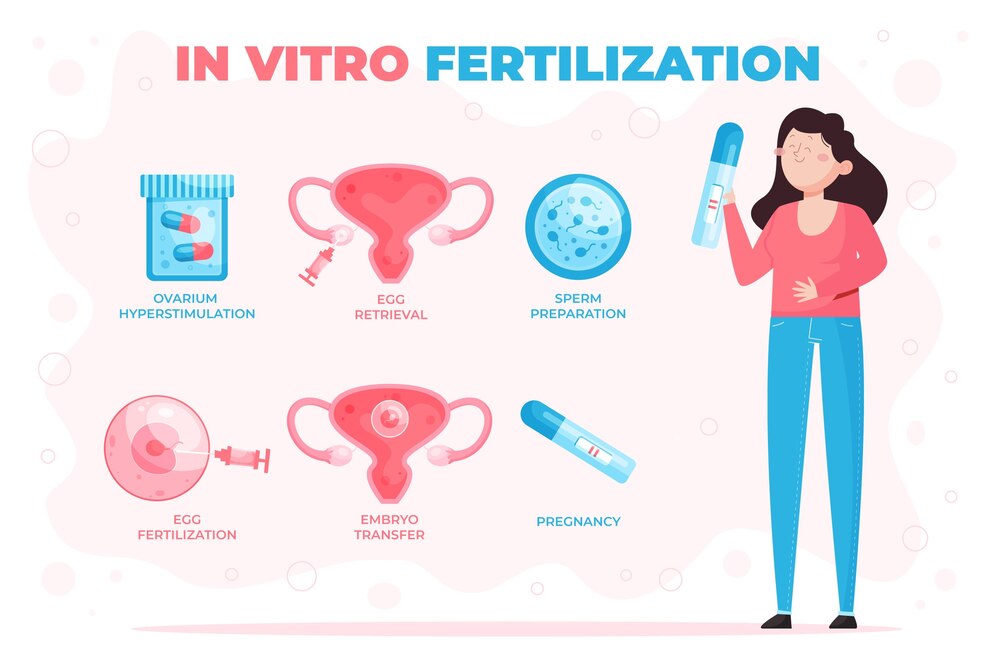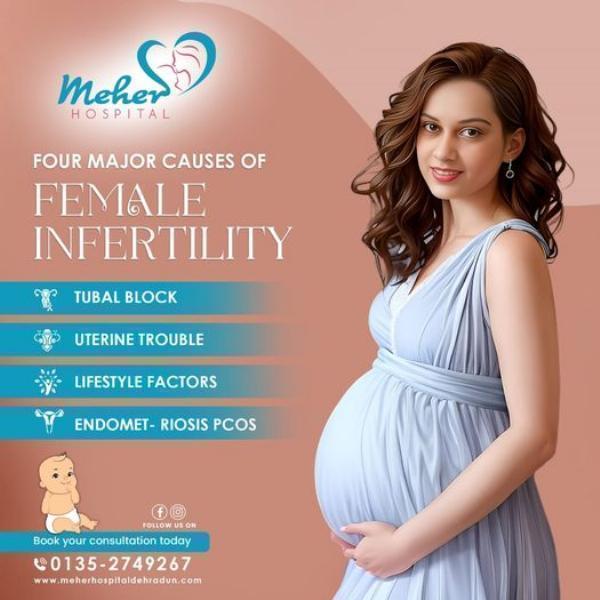Who Needs IVF and Why? Everything You Should Know

Have you ever wondered how IVF can help couples struggling to conceive? If you or someone you know has been facing fertility challenges, understanding Who Needs IVF and What is IVF can be life-changing. IVF (In Vitro Fertilization) is one of the most effective treatments for infertility, offering hope to millions worldwide. But is it the right option for you?
This guide will walk you through everything you need to know about IVF, including its purpose, process, and success rates. Let’s explore!
What is IVF?
IVF (In Vitro Fertilization) is a medical procedure where an egg is fertilized by sperm outside the body in a laboratory. Once fertilized, the embryo is implanted into the uterus to achieve pregnancy. This advanced reproductive technology has helped millions of couples worldwide conceive when natural methods fail.
Who Needs IVF?
IVF is recommended for couples or individuals facing difficulties in conceiving naturally. Some common reasons include:
Blocked or Damaged Fallopian Tubes
Low Sperm Count or Poor Sperm Quality
Endometriosis
Ovulation Disorders (e.g., PCOS)
Unexplained Infertility
Advanced Maternal Age
Genetic Disorders
Same-Sex Couples or Single Parents Using Donor Sperm or Eggs
Common Causes of Infertility
Infertility can be due to multiple reasons, such as:
Hormonal Imbalances affecting ovulation.
Uterine Abnormalities like fibroids.
Lifestyle Factors such as smoking, alcohol, stress, and obesity.
Medical Conditions like diabetes or thyroid disorders.
How Does IVF Work?
IVF works by combining eggs and sperm in a lab to create embryos. These embryos are then transferred into the woman’s uterus. The goal is to achieve a successful pregnancy.
Step-by-Step IVF Process
Ovarian Stimulation – Hormonal injections stimulate egg production.
Egg Retrieval – Eggs are collected from the ovaries.
Sperm Collection and Preparation – Sperm is obtained from the male partner or a donor.
Fertilization – Eggs and sperm are combined in a lab.
Embryo Transfer – The healthiest embryo is implanted into the uterus.
Pregnancy Test – A blood test confirms pregnancy after two weeks.
Who Are the Ideal Candidates for IVF?
Ideal candidates for IVF include:
Women under 40 with good ovarian reserve.
Couples with diagnosed infertility.
Those who have tried other fertility treatments unsuccessfully.
How to Know If You Need IVF?
If you've been trying to conceive for over a year (or six months if you're over 35), it's time to consult a fertility specialist. Tests like hormone analysis, semen analysis, and ultrasounds can help determine if IVF is the right option.
IVF Success Rates and Factors Affecting It
IVF success rates depend on:
Age – Younger women have higher success rates.
Embryo Quality – Healthy embryos increase chances of pregnancy.
Underlying Health Conditions – PCOS, endometriosis, or obesity can impact results.
Lifestyle Choices – A healthy diet and stress management improve success.
Why Choose Meher Hospital for IVF?
Experienced Fertility Specialists
State-of-the-Art Lab Technology
Personalized Treatment Plans
High Success Rates
Affordable IVF Packages
Emotional and Physical Impact of IVF
IVF can be emotionally and physically demanding. It’s important to:
Stay informed and mentally prepared.
Seek counseling or support groups.
Maintain a healthy lifestyle.
Myths and Facts About IVF
Myth: IVF always leads to multiple pregnancies.
Fact: Modern IVF techniques allow for single embryo transfers.
Myth: IVF is only for rich people.
Fact: Many hospitals offer affordable IVF options and payment plans.
Alternative Fertility Treatments
IUI (Intrauterine Insemination)
Ovulation Induction Therapy
Surrogacy
How to Prepare for IVF?
Eat a balanced diet.
Exercise moderately.
Avoid alcohol and smoking.
Follow your doctor’s instructions carefully.
FAQs About IVF
1. Is IVF painful?
IVF involves minor discomfort but is generally not painful. Egg retrieval may cause mild cramping.
2. How long does an IVF cycle take?
A full IVF cycle typically lasts 4-6 weeks, similar to a menstrual cycle.
3. What are the risks of IVF?
Some risks include multiple pregnancies, ovarian hyperstimulation, and emotional stress.
4. Can IVF guarantee pregnancy?
IVF increases the chances of pregnancy, but success is not guaranteed as multiple factors play a role.
5. What is the best age for IVF?
The best age for IVF is under 35 years, but many women over 40 have had successful pregnancies with IVF.
Conclusion
IVF is a breakthrough solution for couples struggling with infertility. Understanding Who Needs IVF and What is IVF can help you make an informed decision. If you’re considering IVF, Meher Hospital, the Best IVF Center in Dehradun, offers expert care and personalized treatment to help you on your journey to parenthood.
Note: IndiBlogHub features both user-submitted and editorial content. We do not verify third-party contributions. Read our Disclaimer and Privacy Policyfor details.






